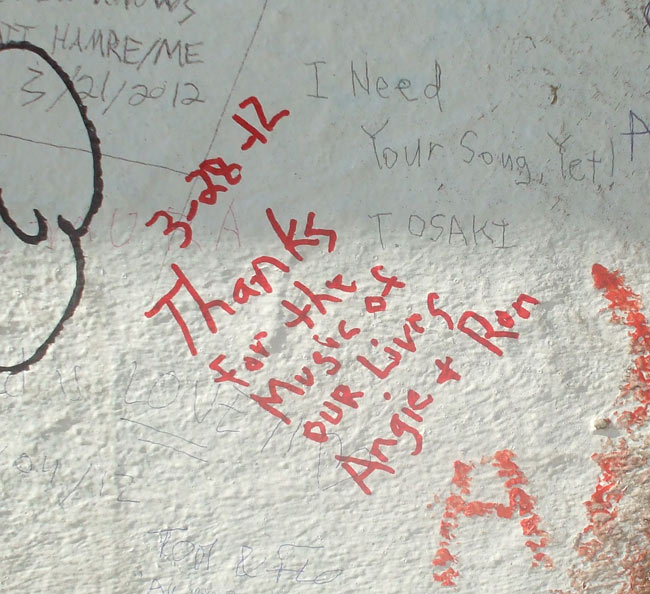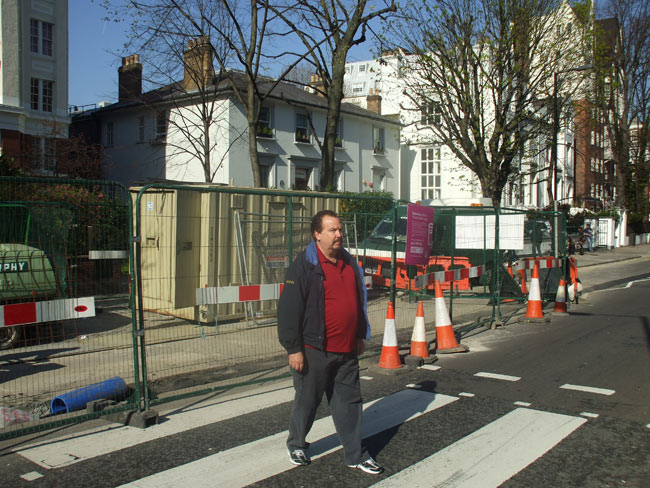You can shed a tear that she’s gone
Or you can smile because she lived.
You can close your eyes and pray she’ll come back
Or you can open your eyes and see all she’s left.
Your heart can be empty because you can’t see her
Or you can be full of the love you shared.
You can remember only that she is gone
Or you can cherish her memory and let it live on.
You can cry and close your mind, be empty and turn your back
Or you can do what she’d want; smile, open your eyes, love...and go on.
Thanksgiving belonged to my mom. She loved everything about this holiday; a chance to express gratitude and to gather together with family. Following her lead, we dressed up for Thanksgiving; it was (and still is) like dinner with the Ewings.
It never mattered that she wasn't playing host at her home. She was the honorary hostess, showing up wherever the Shumway clan was gathering with a car trunk filled with Bonnie Rae specialties.
Mom knew how to make everything more beautiful and would often bring a special tablecloth or a fancy serving dish, pitcher or platter to add elegance to the event.
Her perfected-over-time sweet potatoes were a standing request, and she would bring pies, salads, and extra dishes to add to the bounty. Food was love to her, and it was another way of saying what was in her heart.
Mom strived to create family traditions. She often gathered us together to take turns sharing our reflections on the past year and what we were most thankful for.
During family gatherings, Mom was always my go-to person for conversation and reassurance. She was a skilled conversationalist and I knew when I sat down to talk with her that it would be a good time. She made me feel special and important...she could do that with everyone.
I am hosting Thanksgiving at my house this year. My Dad called me yesterday to tell me how much he is looking forward to us all being together. He thanked me several times. It will be our family's third without Mom. I miss her more than usual, and long for her to once again show up in my driveway, frazzled and beautiful.
My oldest, Joni Rose is making Mom's sweet potatoes. My sisters and daughters are pitching in to provide the other trimmings for our turkey/ham feast. It will be an Open House of sorts, with family comings and goings throughout the day and into the evening.
I am hoping that there will be a few moments tomorrow when we are ALL together. As Mom would say, "the stars will align" and for just a short time, the people that loved and lost her will share the same room. By gathering in the unique way that only my family knows and has come to cherish, we are inviting her spirit to join us.
I can't imagine she would be anywhere else...
Or you can smile because she lived.
You can close your eyes and pray she’ll come back
Or you can open your eyes and see all she’s left.
Your heart can be empty because you can’t see her
Or you can be full of the love you shared.
You can remember only that she is gone
Or you can cherish her memory and let it live on.
You can cry and close your mind, be empty and turn your back
Or you can do what she’d want; smile, open your eyes, love...and go on.
 |
| Mom and Katy Jo-Thanksgiving Past |
Thanksgiving belonged to my mom. She loved everything about this holiday; a chance to express gratitude and to gather together with family. Following her lead, we dressed up for Thanksgiving; it was (and still is) like dinner with the Ewings.
It never mattered that she wasn't playing host at her home. She was the honorary hostess, showing up wherever the Shumway clan was gathering with a car trunk filled with Bonnie Rae specialties.
Mom knew how to make everything more beautiful and would often bring a special tablecloth or a fancy serving dish, pitcher or platter to add elegance to the event.
Her perfected-over-time sweet potatoes were a standing request, and she would bring pies, salads, and extra dishes to add to the bounty. Food was love to her, and it was another way of saying what was in her heart.
Mom strived to create family traditions. She often gathered us together to take turns sharing our reflections on the past year and what we were most thankful for.
During family gatherings, Mom was always my go-to person for conversation and reassurance. She was a skilled conversationalist and I knew when I sat down to talk with her that it would be a good time. She made me feel special and important...she could do that with everyone.
I am hosting Thanksgiving at my house this year. My Dad called me yesterday to tell me how much he is looking forward to us all being together. He thanked me several times. It will be our family's third without Mom. I miss her more than usual, and long for her to once again show up in my driveway, frazzled and beautiful.
My oldest, Joni Rose is making Mom's sweet potatoes. My sisters and daughters are pitching in to provide the other trimmings for our turkey/ham feast. It will be an Open House of sorts, with family comings and goings throughout the day and into the evening.
I am hoping that there will be a few moments tomorrow when we are ALL together. As Mom would say, "the stars will align" and for just a short time, the people that loved and lost her will share the same room. By gathering in the unique way that only my family knows and has come to cherish, we are inviting her spirit to join us.
I can't imagine she would be anywhere else...













